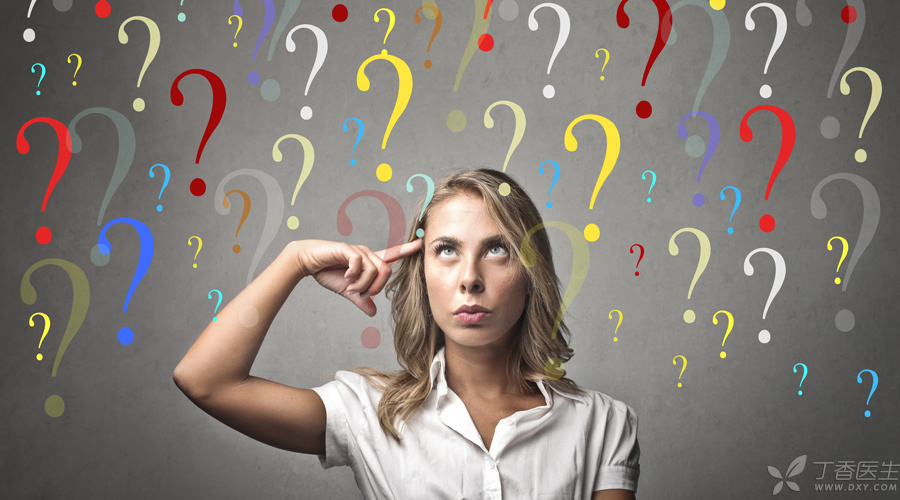
Hypoglycemia is an acute complication in the treatment of diabetes, which is very harmful to sugar lovers. In serious cases, it may cause brain injury and even death. Therefore, there is a saying in the treatment of diabetes that blood sugar is controlled, rather high than low.
Hypoglycemia occurs, and the general treatment is to eat sugar or drink sugar water and supplement glucose in time.
However, there is a kind of hypoglycemia that is not commonly understood. This is the case with sugar friend Lao Xie.
Today, Dr. Clove will tell you about the special types of hypoglycemia.
The blood sugar is so high, the doctor said I am hypoglycemic?
When sugar friend Xie found diabetes in the outpatient department, his blood sugar was very high, and the blood sugar after meal had reached 32 mmol/L, but he only felt dry mouth and had no other symptoms.
After a period of insulin treatment, Xie’s blood sugar dropped a lot and the symptoms of dry mouth were obviously improved.
At this time, Lao Xie should be able to breathe a sigh of relief, but I didn’t expect to see dizziness and hunger. Examination found that his fasting blood sugar was 9.2 mmol/L, and his blood sugar was 12.9 mmol/L 2 hours after meals. Even after meals, he still had manifestations similar to hypoglycemia, such as dizziness.
Combined with Xie’s medical history, the doctor told him that this may be a hypoglycemic reaction.
Thank you very don’t understand:
The doctor clearly said that his blood sugar was high, so I was given insulin. Why did he say that I was hypoglycemic?
In fact, this hypoglycemia is not another hypoglycemia.
Hypoglycemia ≠ Hypoglycemic Reaction
1. Hypoglycemia
Hypoglycemia is a symptom caused by the body’s lack of glucose.
When the fasting blood glucose of diabetic patients is ≤ 3.9 mmol/L, and hypoglycemia manifestations such as hunger, dizziness, dim eyesight, sweating, etc. can be judged as hypoglycemia. This kind of situation is very dangerous, should eat sugar or drink sugar water in time, supplement glucose.
What should hypoglycemia do? Click: Diabetic patients should not only guard against hyperglycemia, but also guard against hypoglycemia.
2. Hypoglycemic reaction
Hypoglycemic reaction is a reaction that the body does not adapt to the drop in blood sugar.
During the treatment, some sugar lovers will suffer from hypoglycemia due to the rapid or large drop of blood sugar in a short period of time, showing palpitation, shaking hands, dizziness, sweating, hunger, fatigue and other conditions. However, the examination of blood sugar is not low, which may be caused by the maladaptation of the human body caused by the obvious drop or excessive drop of blood sugar.
Xie is a typical example of hypoglycemia.
Lao Xie felt almost no what except for a little dry mouth, so he thought his blood sugar was only a little high and he didn’t take it seriously. However, after examination, it was found that the blood sugar was as high as 32 mmol/L 2 hours after the meal. Later, Lao Xie reluctantly agreed to receive treatment under the [coercion and inducements] of doctors and family members.
Lao Xie has probably adapted to the environment of hyperglycemia for a long time. Even if the blood sugar is so high, he is not particularly uncomfortable with what. However, after treatment, the blood sugar gradually returns to normal, but he is not adapted instead.
In fact, this is a bit like people who have lived on the plateau for a long time. They are probably not used to it when they first come to the plain area, but they can generally adapt to it as long as they pass through a period of time.
Hypoglycemia reaction, how to deal with?
The way to deal with hypoglycemia is different from hypoglycemia. Generally, you don’t need to eat foods with high sugar content. Here, Dr. Clove gives you some tips to help sugar lovers adapt to hypoglycemia as soon as possible.
Step 1 Slow down your meals
Each meal should be eaten for at least 15 minutes, and each bite should be chewed as many times as possible, so the speed will naturally slow down.
Step 2: Adjust the order of meals
Drink less than half a bowl of soup before meals, or eat some green vegetables to cushion your stomach, so that your blood sugar will rise smoothly.
Step 3: Eat what you should eat
Many sugar lovers find that they have diabetes, so they dare not eat meat dishes, eat a lot less, and dare not touch snacks. This, of course, makes them hungry all day long. In fact, lean meat, fish, milk, eggs and other meat dishes that should be eaten can not only be eaten, but also should be eaten.
As long as the total energy of the day is well controlled, a proper amount of meat dishes can increase satiety, and it will not be so easy to feel hungry.
Step 4 Have some snacks
When you are really hungry, you can eat some snacks. Snacks here refer to those with low energy, such as tomatoes and cucumbers.
Step 5: Adjust the medication
If after adjusting the eating habits, the hypoglycemic reaction still cannot be relieved, the doctor needs to adjust the hypoglycemic drugs. Doctors will adjust the drugs according to the condition of sugar friends to slow down the speed of blood sugar drop, and the hypoglycemic reaction will naturally be solved.
